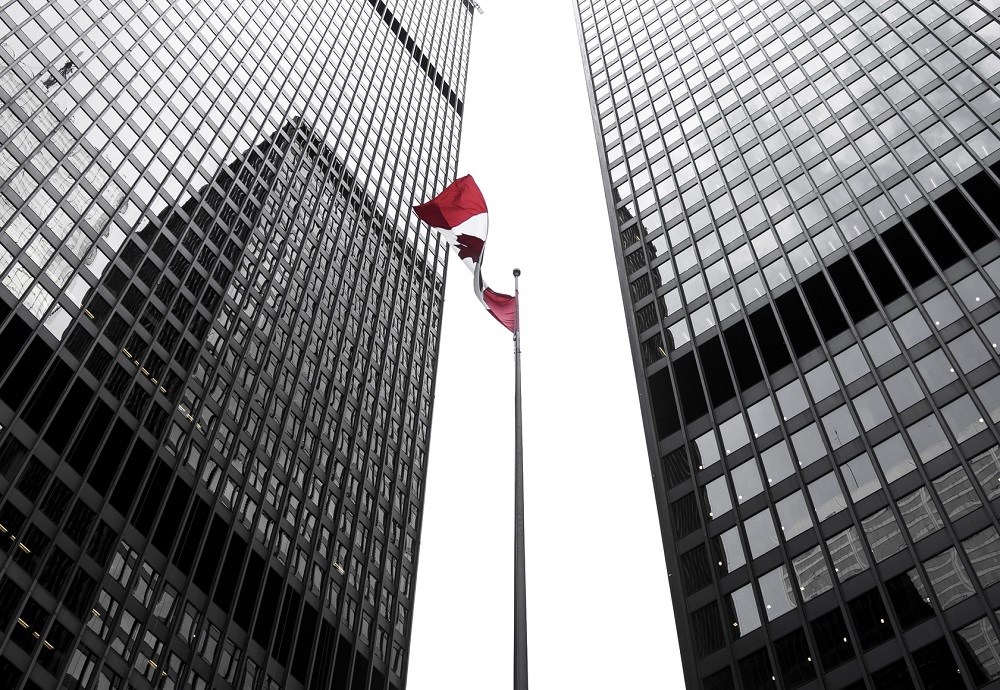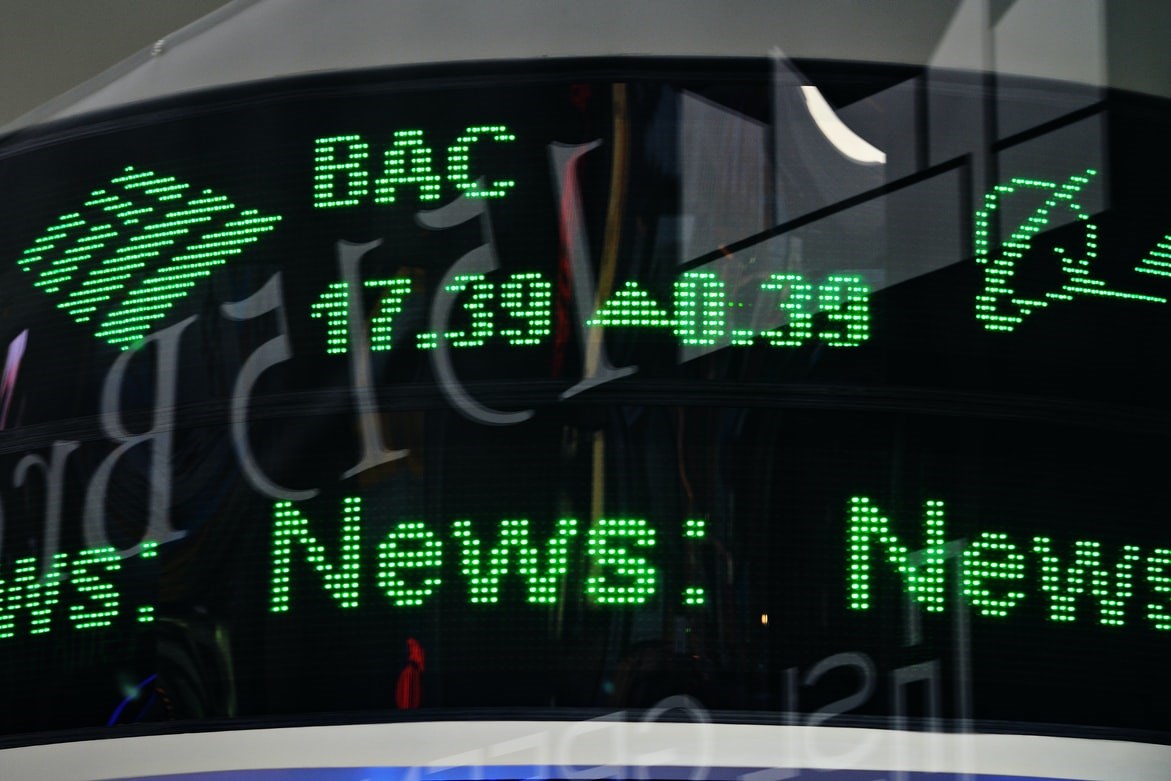
As a leading member of the team of portfolio managers making investment decisions for one of the largest mutual funds in Canada, the RBC Canadian Dividend, Stuart Kedwell has met the challenge of maintaining above average short and long-term performance.
The $21 billion four-star, gold rated fund has an impressive record, maintaining second quartile performance in its category for the 10 years ended Nov. 30, 2021 with a healthy average annual compound return of 8.65% and relatively low volatility. The fund has seen three negative years in the past 10, with its worst being a loss of 8.6% in 2018. For the year-to-date at Nov. 30, it gained 24.1%, a top quartile return, for the Series A.
“Our approach is scenario-based,” says Kedwell, senior vice president and senior portfolio manager, as well as co-head of North American equities at Toronto-based RBC Global Asset Management Inc. “We consider a wide range of possible outcomes for each company we hold, determining how it could perform in a bullish case, normal case or base case.”
Look at Both the Bad and the Good
He and three co-managers, including Doug Raymond, senior vice president and senior portfolio manager, co-head of North American equities, as well as portfolio managers Jonathan Millman and Sean McCurley, believe in being open-minded about what could go better for a company and what might get worse.
They don’t try to “predict the future to a ‘T’,” a rigidity in thinking that tends to lead to bias, and a focus on the things that support a specific investment thesis, Kedwell says.
The outlook for a company doesn’t necessarily have to be all roses, as a low valuation can make it a compelling investment even when it’s facing challenges.
“There are two ways to invest,” Kedwell says. “One is to try to predict the future and the other is to look at the scenario for which a stock is priced. If a stock is priced for good times never to return, there could be positive upside.”
For example, the team added to Allied Properties REIT when stock markets plunged at the beginning of the COVID-19 pandemic, and it appeared that the drop was overdone. The team’s expectation was that the real estate company’s office properties, that typically aren’t located in big city downtown cores but are instead closer to residential neighbourhoods, had potential to recover faster than investors expected.
Dividends and Dividend Growth, both Matter
The team at RBC Canadian Dividend focuses on large, mature Canadian companies that deliver a dividend yield averaging three to four per cent and mid-single-digit dividend growth. Typically, the fund holds between 50 and 80 companies. The fund will also hold some positions in smaller companies and occasionally will hold a company that doesn’t pay a dividend yet, if it looks like it’s moving toward paying one.
For example, of the 60 companies held currently in the portfolio, only one, CGI Inc., a multinational information technology consulting company, doesn’t pay a dividend. Kedwell says CGI has effectively been returning cash to shareholders through share buybacks.
“Companies need to be paying a dividend or have a strong intention to pay a dividend,” Kedwell says. “We want to own a collection of good businesses with a reasonable current yield that can grow over time.”
The team prioritizes strong free cash flow to ensure that companies can cover their dividend obligations. If companies have excess cash, it’s important to analyze how effectively management has reinvested in the growth of the business, Kedwell says.
Stocks in Focus
Kedwell feels that financial assets generally are richly valued, largely due to government stimulus programs during the Covid pandemic and continuing low interest rates, but says there are still pockets in the market where valuations remain near average historical norms. He says financial stocks, consumer staples and consumer discretionary stocks are trading close to long-term price/earnings ratios, while tech, telecommunications and utilities are more expensive.
The big Canadian banks are an important component of the fund, and the financial sector overall accounts for almost half of fund assets. The top 10 holdings include all of the big five Canadian banks. In the financial sector, Kedwell says the fund has started to build a position in Canadian Western Bank and has also invested in Definity Financial Corp., an insurance company that went public recently.
Brookfield Asset Management Inc. Class A and Canadian National Railway Co. are also significant holdings in the top 10.
Many of the fund’s holdings are long-term portfolio stalwarts where the underlying values are simply left to compound over time. However, the fund managers will trade around the edges of position if valuations get ahead of or behind their estimates of value and will also use options strategies such as selling covered calls to enhance return.
During the past six months or so, the fund has been positioning for a recovery in energy, with its larger holdings including Canadian Natural Resources Ltd. and Suncor Energy Inc., as well as midstream energy company Keyera Corp. However, with investors recognizing the uptick in energy prices, the outlook for further commodity and stock price increases could change, Kedwell says, and the position is being re-evaluated.
In the renewable energy sector, the fund owns Boralex Inc., a power company focusing on wind, solar and hydroelectric energy. The firm saw its stock price correct earlier this year and has “reasonable return prospects,” Kedwell says.
A recent purchase is Alimentation Couche-Tarde Inc., a multinational operator of convenience stores and gas stations. The RBC Canadian Dividend team has also been buying West Fraser Timber Co. Ltd., which saw its stock price dip when lumber commodity prices fell. With restrictions on the amount of wood that can be cut in the forestry industry, the companies with more efficient sawmills now stand to make better margins, Kedwell says.






















